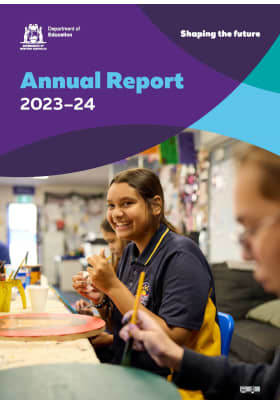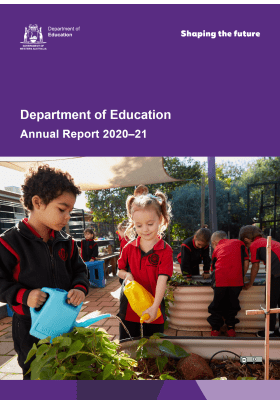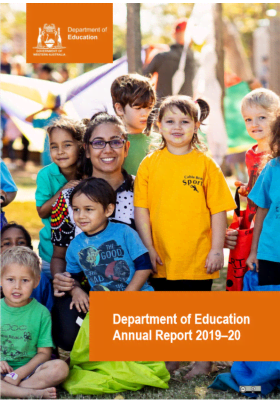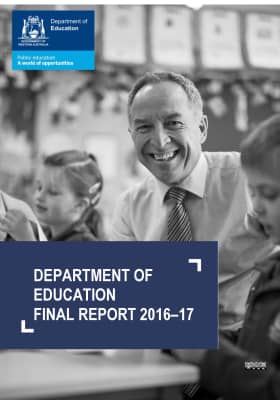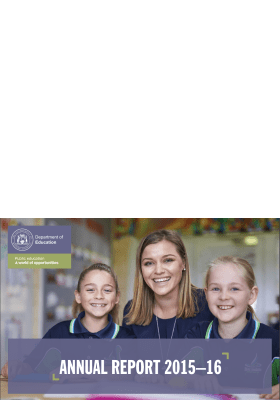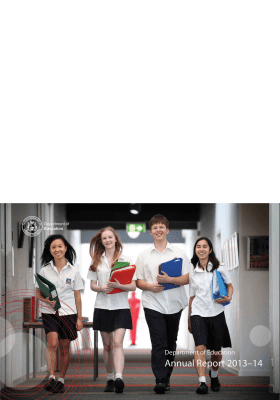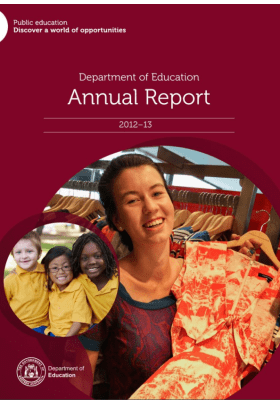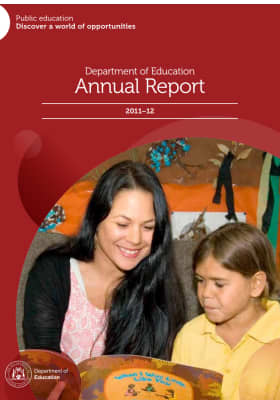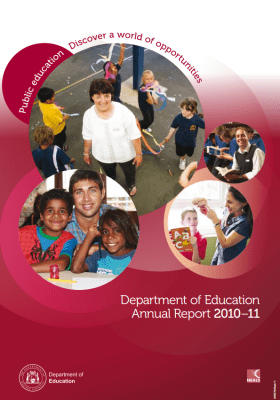Annual reports
Annual reports
The Department of Education Annual Report 2024–25 was tabled in parliament on 18 September 2025.
The Department of Education Annual Report 2024-25 provides an insight into our operational and financial performance for the 2024–25 financial year. It includes the 2024–25 annual report of the Teacher Registration Board of Western Australia.
